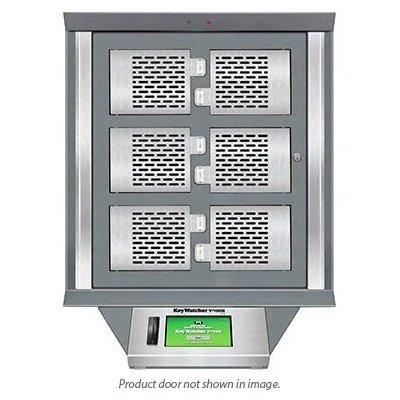 |
| UTC Fire & Security set to enhance status with the acquisition of GE Security |
GE Security, part of GE Technology Infrastructure, supplies security and life safety technologies through a broad product portfolio for commercial and residential applications that include fire detection and life safety systems, intrusion alarms, and video surveillance and access control systems. Headquartered in Bradenton, Fla., the business has eight manufacturing facilities and approximately 4,700 employees in 26 countries.
"This acquisition enhances UTC Fire & Security's status as a leading franchise in the $100 billion global fire safety and electronic security industry," UTC President and Chief Executive Officer Louis Chênevert said. "It strengthens our North America footprint, extends our capabilities and complements our existing fire and security businesses."
"The acquisition also brings additional world class product lines to the UTC portfolio, improves our aftermarket revenue potential and will deliver solid long-term value for UTC shareholders," Chênevert continued. "We expect this transaction will be earnings neutral to UTC in 2010, after restructuring and transaction costs, and anticipate that the cost synergies will make it accretive in 2011 and beyond."
Headquartered in Connecticut, UTC Fire & Security is a business unit of United Technologies Corp., which provides high technology products and services to the building and aerospace industries worldwide. More information about UTC Fire & Security can be found at website: www.utcfireandsecurity.com.
This release includes "forward looking statements" concerning expected revenue, earnings and additional benefits of a transaction that remain subject to uncertainties. Important factors that could cause actual results to differ materially from those anticipated or implied in the forward looking statements include changes in anticipated or actual economic conditions, delays in or inability to obtain necessary regulatory approvals on acceptable terms and delays in achieving anticipated synergies and in integrating the acquired businesses. For information identifying other important economic, political, regulatory, legal, technological, competitive and other uncertainties, see UTC's SEC filings as submitted from time to time, including but not limited to, the information in the "Business" section of UTC's Annual Report on Form 10-K, the information included in UTC's 10-K and 10-Q Reports under the heading "Management's Discussion and Analysis of Financial Condition and Results of Operations," and the information included in Current Reports on Form 8-K.


















